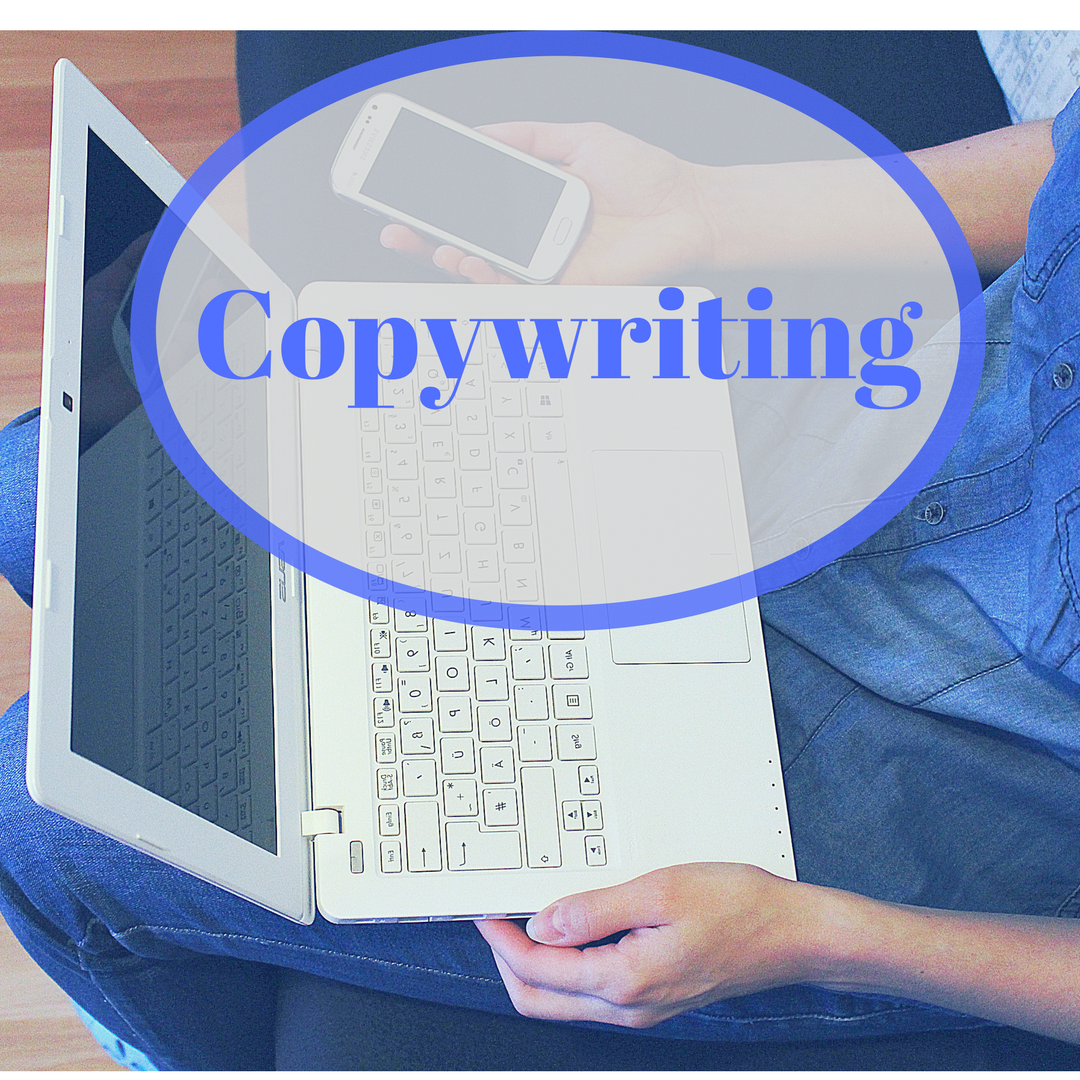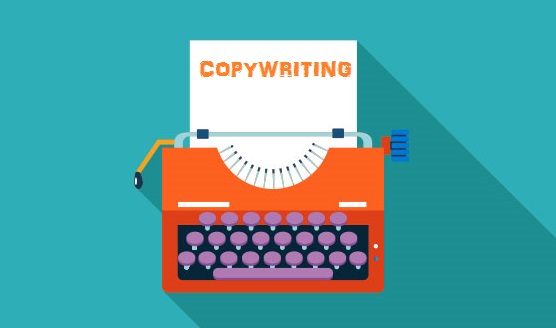This month marks my one-year anniversary as the copywriting guy on Almost An Author. Have I convinced you yet that writing for business is the way to go? If not, go back and read any of my 13 articles on this subject. I’ll wait for you.
But if this is the year you’re going to earn cash with your wordsmithery skills, here are seven quick steps to get you started.
- Make it your habit to work with, not against the client. This tip comes from my friend, former editor, and now novelist Emily Golus. She says, “Your client may not have a way with words or understand advertising, but they DO know their business. Pay attention to nuances that reveal what matters to them. For example, your client may sell widgets, but it’s clear their real passion is helping people save money. Build content around that–it’s advertising gold, and the client will love it.”
- Don’t try to be too clever. Writing teachers emphasize creating a powerful hook. So you should. But resist the temptation to fill the page with witty prose. Why? Witty prose is all about how smart you sound as the writer. But copywriting isn’t about you. It’s about your reader. Easy-to-read text filled with helpful information turns readers into buyers.
- Learn to do fast and accurate research that helps your client. Remember your client’s goal: to earn the reader’s trust and their business. Smart, spot-on, and simple information does that. Don’t embarrass your client by putting fake news on their site. Instead, make sure your sources are solid. Try to find academic journals, major publications like the New York Times, or even source links on a Wikipedia page. Avoid weird sites or information you can’t corroborate with data from at least three separate sources. In general, websites ending in .org, .gov or .edu are more credible than those ending in .com or .net.
- Start with who you know. This tip comes from friend and fellow Almost An Author writer Rachel Schmoyer. She says, “Ask a friend or business you know well if you can write for them. You may not even get paid for the first thing you write, but you need something to put on a resume and get experience. My first experience was for a farmer I know. I wrote a weekly email in exchange for bread and eggs!”
- Study the basics of SEO. The acronym SEO stands for Search Engine Optimization. It’s the way to draw the right traffic to your site by using keywords that search engine bots can understand and use to index the page correctly. By saying learn SEO, I don’t mean you have to outsmart Google. In fact, it’s foolish to try. But you can use basic tools like Moz to search for quality keyword phrases to build your content around, and you can learn to make backlinks work to your client’s advantage.
- Speak your client’s language fluently. Spend time listening to your client. Write down exactly what they say. Clean it up, position it positively, and make it fit the audience. Hand it back to your client. Listen to them exclaim about how smart they sound.
- Proofread like your life depends on it. I’ve heard all the excuses: Breaking the odd grammatical rule on purpose can add great effect to your piece. Grammar changes. No one knows if that comma goes there or not. People don’t buy your product because you dotted every “i” and crossed every “t.” I know. I agree. But still spell your words correctly. Remove extraneous verbiage. Punctuate sentences with the right dots and dashes in the right places. And please, oh please, fix your misplaced modifiers. HemingwayApp and ProWritingAid are two of my favorite online tools for cleaning up my writing. You can use them or find other sources that work for you. Remember that basic proofreading will go a long way toward helping you land and keep clients that can pay you for your hard work.
If you want to get started as a copywriter or make the leap to doing this full time, use the seven steps above to get you going. Copywriting is worth the work. I pinky swear it.
BIO
Holland Webb is a full-time freelance copywriter and digital marketing strategist living near Greenville, SC. His clients are leaders in the online retail, higher education, and faith-based sectors. Holland has written for brands such as U.S. News & World Report, iLendX, Radisson, Country Inn & Suites, MediaFusion, Modkat, Great Bay Home, IMPACT Water, and BioNetwork. He is a featured writer on Compose.ly, and his monthly copywriting column appears on Almost An Author. You can reach him at www.hollandwebb.com or at hollandlylewebb@gmail.com.







2 Comments
Good information, as usual, Holland. I almost, nearly, kinda, sorta, know what SEO means. That’s practically one of seven. Following your instructions, I’m on my way.
Always happy to help, Burton! 🙂